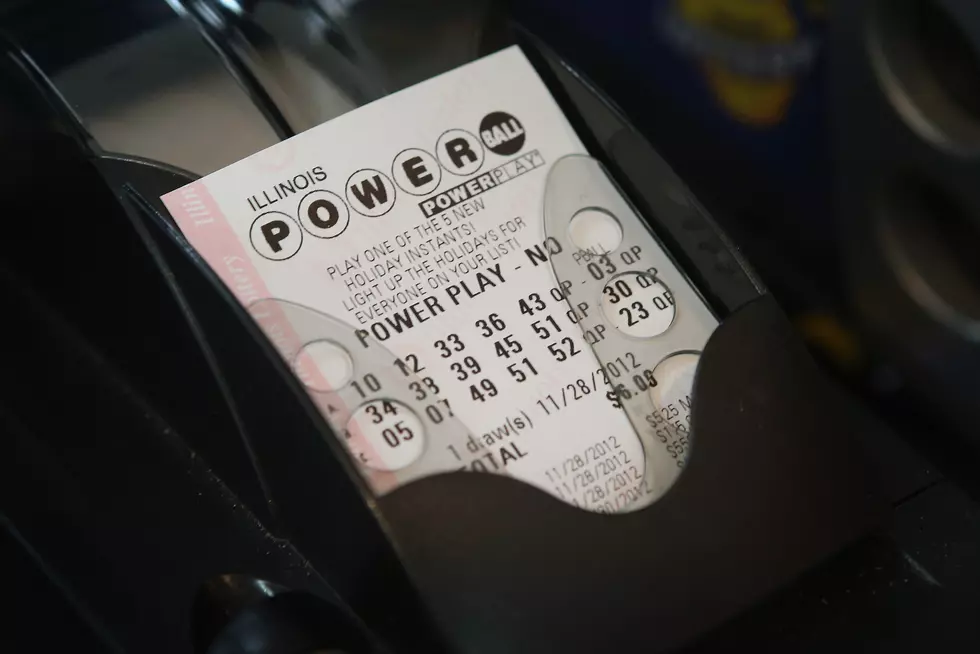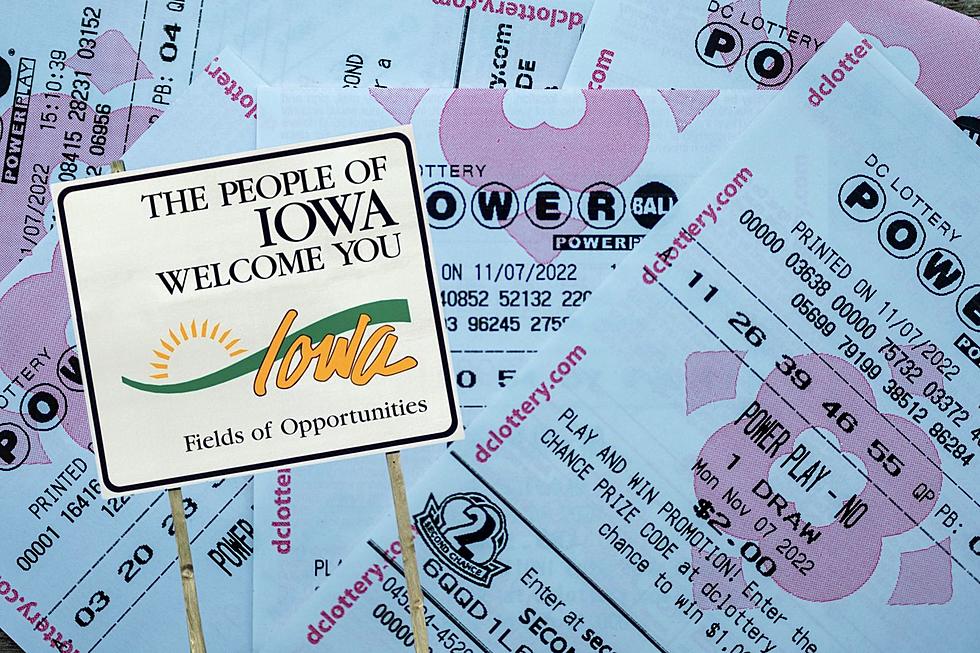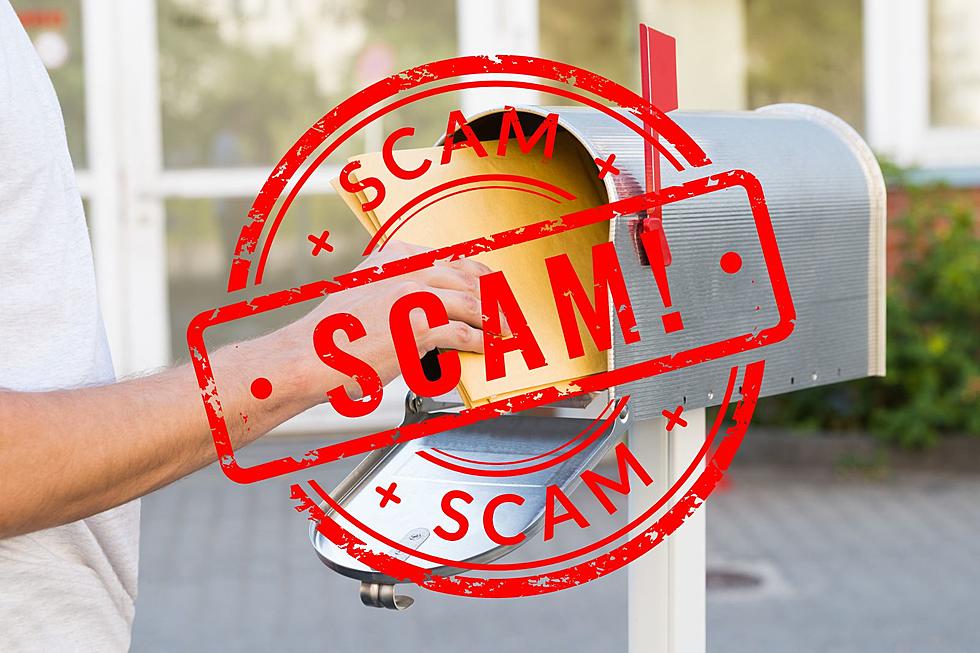
Clinton County Sheriff’s Office warns of recent scams being reported

The Clinton County Sheriff's office is warning residents to be careful right now as common scams are making its way around the area.
On Wednesday, the Clinton County Sheriff's office made an announcement on social media warning residents about scams going around the area that have been reported to them. These common scams effecting Clinton County residents include people calling and offering fake Medicare benefits, and a Facebook hack that ends up being a gift card scam.
See the full statement from the Clinton County Sheriff's Office below:
FAKE MEDICARE BENEFITS OFFERED
Medicare fraud or health insurance fraud has been a long-time problem which seems to elude government and industry efforts to curb. Just trying to figure out the extent of the fraud results in widely varying estimates of its scale, with different sources reckoning the cost at seven to ten percent of our health care costs. With the US health care costs (in a normal year) pegged at $3.6 trillion, the loss figures in the scores of billions. The World Privacy Forum, a nonprofit researching and educating on data privacy, concluded much of this fraud is enabled by the use of stolen personal information. In other words, the filing of phony claims using the information of real people.
How does this happen? Well, it can start with one segment of those annoying scam phone calls we all endure. Some recent reports help bring that image into focus for us. After a hiatus of over one year in hearing any reports of Medicare-related scams, I received three reports in as many days. Area residents alerted me to phone calls, both from live callers and robocallers, with offers of medical services, “paid for by Medicare”.
A ninety year old Camanche woman I’ll call Ellen, reported one of these calls. Ellen received a call from what looked like an Iowa City number. Ellen received medical treatment before from the University of Iowa, so when she answered and the caller offered to send Ellen a cancer screening kit, this sounded on the level. One of the people Ellen talked to on the call even claimed to be a physician. But there was a catch – to get the screening kit, Ellen needed to furnish her Medicare number. She did, and ended the call expecting to get a free cancer screening in the near future.
Another Camanche woman, age seventy-nine, received a robocall offering her a free “medical alert device”. She didn’t bite. The third report came from a seventy-two year old Delmar woman I will name Laureen. Laureen told me someone called her and asked if she needed an orthopedic brace, perhaps for her wrist or back? Laureen didn’t need such a device, and hung up.
At the end of the day, all three of these calls were efforts to coax medical information, including Medicare numbers, away from these women. With someone’s Medicare number, a crooked medical company can make a claim to Medicare for payment for the service or device, such as Ellen’s cancer screening kit, or Laureen’s orthopedic brace.
The scam described by Ellen, of the offer for cancer screening, is one of the most current such scams. Medicare does cover the expense of some genetic testing for treatment, but only covers one preventative screening, for colorectal cancer. All such testing must be prescribed by a physician who is treating the patient.
All Medicare beneficiaries receive a quarterly Medicare Summary Notice. It’s the responsibility of each beneficiary to closely review the statements, looking for unauthorized charges, or over-billing. A fake charge for cancer screening or DNA testing might appear as “gene analysis” or “molecular pathology”. If you discover a phony charge, contact Medicare right away.
FACEBOOK HACKING LEADS TO GIFT CARD SCAM
A Maquoketa woman spent $550 to learn not to trust the source of messages she receives through Facebook Messenger. Eve, age seventy two, received a message from a Facebook friend living in Dewitt. Eve’s friend sounded excited because she knew of a government grant for which Eve was eligible, and encouraged Eve to contact a third party at the federal government to secure her grant. The excitement was contagious, and Eve followed her friend’s directions on getting in touch with the agent awarding this grant, “Betty Smith”. Smith told Eve, to claim the grant, she needed to buy eleven STEAM cards and load $50 on each one, then provide Smith with the claim code off the reverse of the card. And she needed Eve’s driver’s license number. Hoping for a $50,000 grant, Eve followed the directions exactly.
But instead of a $50,000 grant, Betty Smith got hold of Eve and wanted another $1700, and a photograph of her. Eve realized she fell for the scam. She contacted her Dewitt friend, to learn someone hacked into the friend’s Facebook account, and sent out phony messages in her name.
This is an increasingly common scam. Facebook Messenger users need to realize any message from a friend offering to hook you up to prizes, grants, rewards, or money, is always a scam. Don’t act on the message; instead contact the sender by a means outside Messenger to alert them.
LOOK: 15 Unconventional Christmas Albums From the Past 50 Years
More From B100









